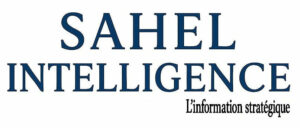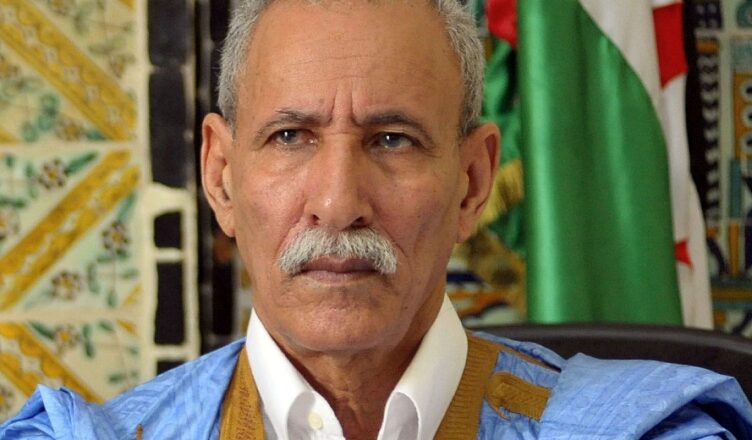Polisario has become a significant player in Algeria, to the extent that Western analysts perceive it as a « state within a state. » Led since 2016 by Brahim Ghali, Polisario has achieved this unique status in Algeria, amidst the roles played by Algerian leaders themselves, notably President Abdelmadjid Tebboune and Chief of Staff of the Army Saïd Chengriha, as well as those who benefit economically from this situation.
Since its establishment in 1973, Polisario has received substantial support from Algeria, including considerable resources in terms of funding, military training, and weaponry. The Tindouf camps in Algeria have become the nerve center for Polisario, housing thousands of Sahrawis and serving as a rear base for Polisario operations.
Taking advantage of the tumultuous period of the Cold War in the 1970s, Algeria facilitated Polisario’s diplomatic recognition of the Sahrawi Arab Democratic Republic (SADR) by certain states and international organizations on its « territory. » Since then, the Tindouf camps have been administered by Polisario with minimal intervention from Algerian authorities, allowing the organization to function as a de facto government.
Polisario has established its own administrative, educational, and healthcare structures within the Tindouf camps, bolstering its autonomy and quasi-state role. Since his election in 2019, Tebboune has maintained Algeria’s traditional support for Polisario, continuing to provide diplomatic and logistical aid to the movement, affirming Algeria’s stance on the Western Sahara issue.
As a key figure in Algeria’s power structure, General Saïd Chengriha plays a crucial role in supporting Polisario. Recurrent economic and social crises in Algeria have sometimes diverted the government’s focus away from strict control of the Tindouf camps, allowing Polisario to strengthen its autonomy.
Periods of political instability in Algeria, such as during the « dark decade » of the 1990s civil war, have also contributed to reduced Algerian oversight of Polisario affairs. Financial and military support provided to
Polisario often falls victim to fund embezzlement, with several high-ranking military officials enriching their networks.
The regions near the Tindouf camps are rich in natural resources, including minerals. Control over these resources enables military leaders to derive economic benefits. The conflict situation also fosters the development of smuggling and illicit trade networks, benefiting certain individuals close to them.
This situation reflects the complexity of relations between Algeria and Polisario, highlighting the strategic importance of the Western Sahara issue in Algerian foreign policy under leaders like President Tebboune and Chief of Staff Saïd Chengriha.
The beneficiaries of this situation primarily include Polisario and the Algerian military, with certain high-ranking military officials profiting significantly from corruption, natural resource control, and smuggling networks, estimated to have generated billions of dollars over the past fifty years.

